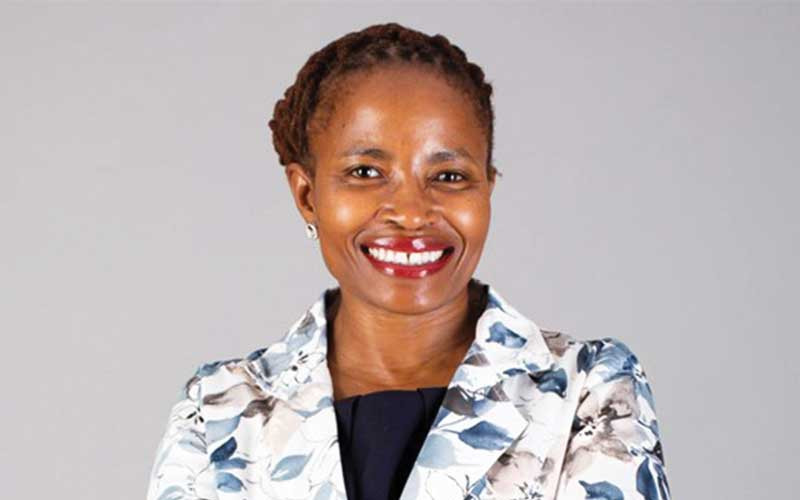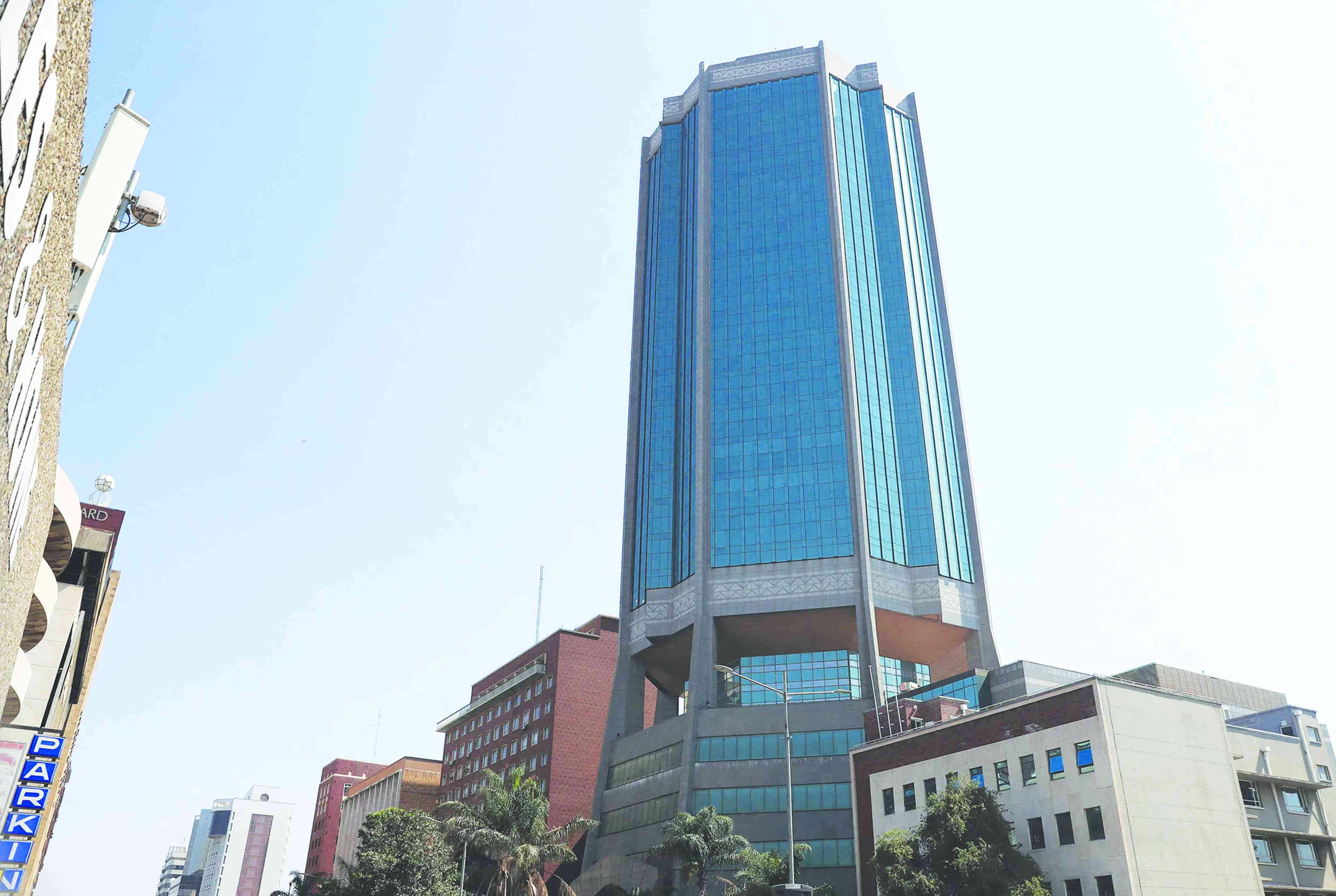
NYAMEZELA Metering, a supplier to the Zimbabwe Electricity Transmission and Distribution Company (ZETDC), yesterday warned the power distributor that a widespread implementation of net metering could result in decreased income.
This comes as the ZETDC is currently on a drive to promote the usage of net metering systems to reduce load shedding. It has been carrying out a data collection exercise that will end today.
Under the net metering programme, households and companies that generate excess solar power at their respective locations can feed the energy back into the national grid through a grid-tied convertor.
Speaking at the 2024 International Renewable Energy Conference Expo hosted by sister paper, The Standard, Nyamezela Metering managing director Matsotso Vuso said the power trader needed to make sure it did not lose revenue.
“Net metering is introducing the capability now for a typical household that is doing the installation to get a return on investment a lot quicker because they can then get credits for the energy they have generated and let it take off their bills,” Vuso said.
“On the other side, for the utility, the more people adopt it, it also means less revenue to the utility which is something that needs to be managed. For customers that are not able to implement these solutions, it can mean cost subsidisation in that they are paying for customers who are then getting credits.”
She said this was something that utilities were battling with that needed to be addressed for the net metering programme to remain effective.
Nyamezela is a South African firm that is a leading supplier of the net meters to the ZETDC.
- Low tariffs weigh down ZETDC
- Severe power outages loom: Zesa
- Bodies rot at mortuaries as power cuts worsen
- Gweru debtors’ bill soars to $3bn
Keep Reading
The total cumulative installed capacity for the 145 connected points in the net metering programme as of September 2023 stood at 8 869 megawatts (MW), which comprised 6 949MW commercial and 1 920MW domestic.
In October, ZETDC said it was processing 97 new net metering applications.
Despite the potential effect to the utility in terms of reducing its revenue, Nyangani Renewable Energy chief operations manager Dion Bell said the system was the way to go for the country.
“I am very excited to see Matsotso Vuso’s smart meters because it allows basically for the utility to not load shed a property or commercial premises and allow that connection to the grid to be sustained so that if there is surplus energy during the day like the solar system which can be exploited instead of not being exploited,” he said.
He said net metering also ruled out the issue of currency discrepancy, basically reducing the need to look for foreign currency to import power.
Nyangani Renewable Energy is a local independent power producer.







